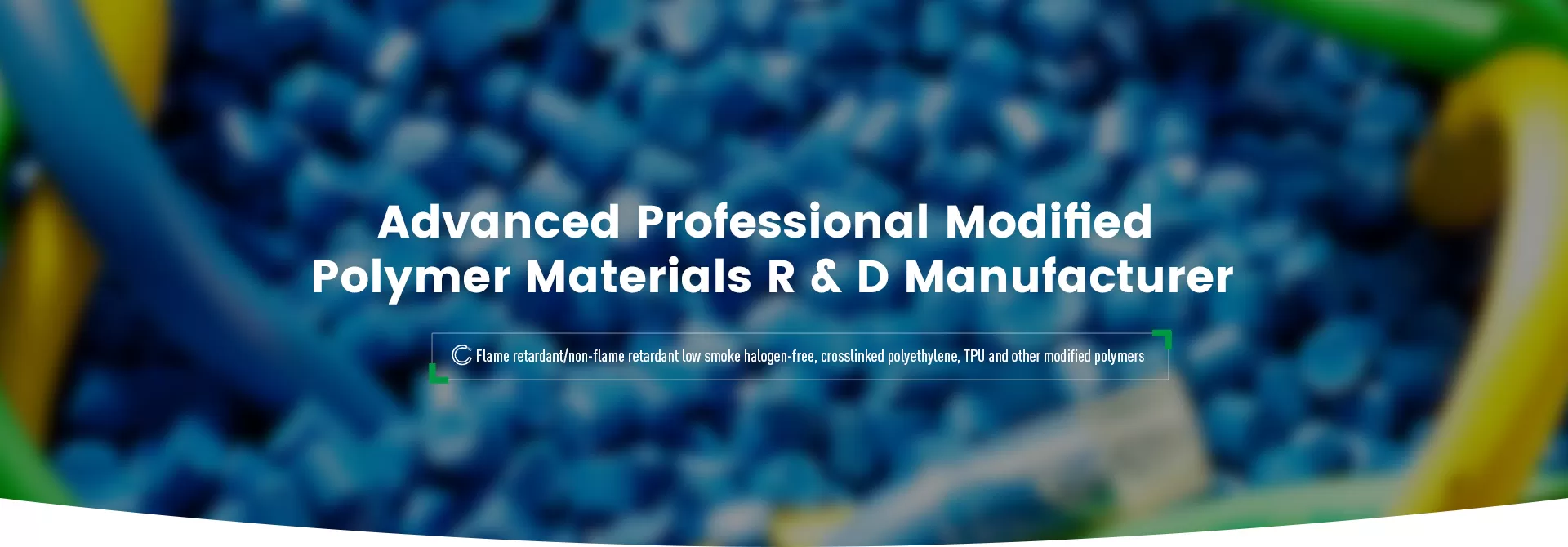
In the medical device industry, the biocompatibility of materials is a key factor in determining their safety and applicability. Thermoplastic Polyurethane (TPU) is widely used in medical device manufacturing due to its excellent flexibility, biocompatibility, chemical resistance and mechanical strength. The application of TPU in medical catheters, cable sheaths, artificial organs and other fields ensures the safety and durability of the equipment in clinical use.
TPU is widely used in products such as intravenous catheters, urinary catheters, ventilator tubing, and infusion tubes. The main reasons include:
High Flexibility: ensures that the catheter will not break or harden when used in vivo or in vitro.
Bending Fatigue resistance: maintains a stable shape during long-term use.
Biocompatibility: does not cause tissue inflammation or immune response.
In addition, TPU can adjust the hardness according to different medical needs, and can be used from ultra-soft catheters to high-strength vascular interventional catheters.
Medical equipment such as monitors, ultrasound probes, electrocardiographs, etc. require durable and safe cable connections. The advantages of TPU materials as cable sheath materials include:
Sterilization resistance: It can withstand alcohol wiping, high-temperature sterilization, and ethylene oxide (EtO) sterilization without degradation.
Low smoke and halogen-free: It does not release harmful gases when burned, and meets environmental protection and safety standards.
High flexibility and wear resistance: It will not break or age even if pulled or bent for a long time.
Resistant to microorganisms and non-hemolytic, anti-Staphylococcus aureus, Escherichia coli, Candida albicans, etc.
Sale TPU materials. Angreen's antibacterial polyether medical equipment cable TPU sheath material has the above characteristics, can be sterilized by gamma rays and ETO, and has an ISO-10993 biocompatibility test report.
TPU cable sheath is particularly important in high-standard environments such as operating rooms and ICUs to ensure the long-term stable operation of medical equipment.
Some high-performance TPU can be used for short-term or long-term implantable devices, such as:
Vascular stent coating: TPU can be used as a drug coating to help control drug release and prevent restenosis of blood vessels after stent implantation.
Artificial heart pump components: Its flexibility and wear resistance ensure long-term stable operation of the pump.
Neurostimulator packaging: Prevent biological fluids from penetrating into electronic devices and increase the life of implants.
Biocompatibility characteristics:
Complies with ISO 10993 and USP Class VI standards and is non-cytotoxic.
It has low hemolysis and will not damage the blood.
It can be in long-term contact with human tissue to reduce the risk of inflammation.
TPU film is used for wound dressings, and its advantages include:
Breathable and waterproof, promoting wound healing while preventing infection.
High elasticity, fits the skin, and reduces patient discomfort.
In addition, absorbable TPU can also be used for degradable surgical sutures, which gradually degrade in the body over time, eliminating the need for secondary surgery to remove sutures.
Medical TPU must pass the following international standard certifications:
ISO 10993 (Biological Evaluation of Medical Devices)
USP Class VI (Biocompatibility Testing Required by the United States Pharmacopeia)
FDA 21 CFR 177.1680 (Food and Medical Plastic Safety Standards Required by the FDA)
These certifications ensure the safety of TPU in skin contact, blood contact and implant applications.
It does not contain phthalates, which is safer than PVC.
It does not release harmful substances in the physiological environment and prevents cytotoxic reactions.
It withstands long-term contact with body fluids, drugs and disinfectants without degradation or performance changes.
TPU can resist a variety of corrosive substances in medical environments, such as:
Alcohol, hydrogen peroxide, glutaraldehyde (for disinfection)
Body fluids, blood, drugs (for infusion tubes and implants)
This chemical stability ensures that medical devices made of TPU remain safe and stable during long-term use.
TPU can withstand the following medical sterilization methods:
High temperature and high pressure steam sterilization (Autoclave) (for reusable devices)
Ethylene oxide (EtO) sterilization (for implantable devices)
Gamma ray sterilization (for disposable medical devices)
These properties make TPU an ideal material for durable and disposable medical devices.
Currently, researchers are developing TPU containing silver ions (Ag⁺) or antimicrobial nanomaterials to reduce medical device-associated infections (HAIs). This material may be used in products such as catheters, band-aids, and medical cables in the future.
Some degradable TPU materials are being used in biodegradable implants (such as bone fixation devices and drug sustained-release carriers), and may become important materials for implantable medical devices in the future.
(Note: The application of antibacterial TPU and degradable TPU in the medical field is still in the research and development and testing stage, and the actual promotion depends on regulatory approval.)
Thermoplastic polyurethane (TPU) has become an indispensable material in the medical device industry with its excellent biocompatibility, mechanical properties, chemical resistance and sterilizability. Whether in the fields of catheters, cable sheaths, implants, medical dressings, etc., TPU can provide reliable and safe solutions. With the development of technology, the application of TPU in the medical industry will continue to expand, contributing to improving the safety and durability of medical devices.
Previous